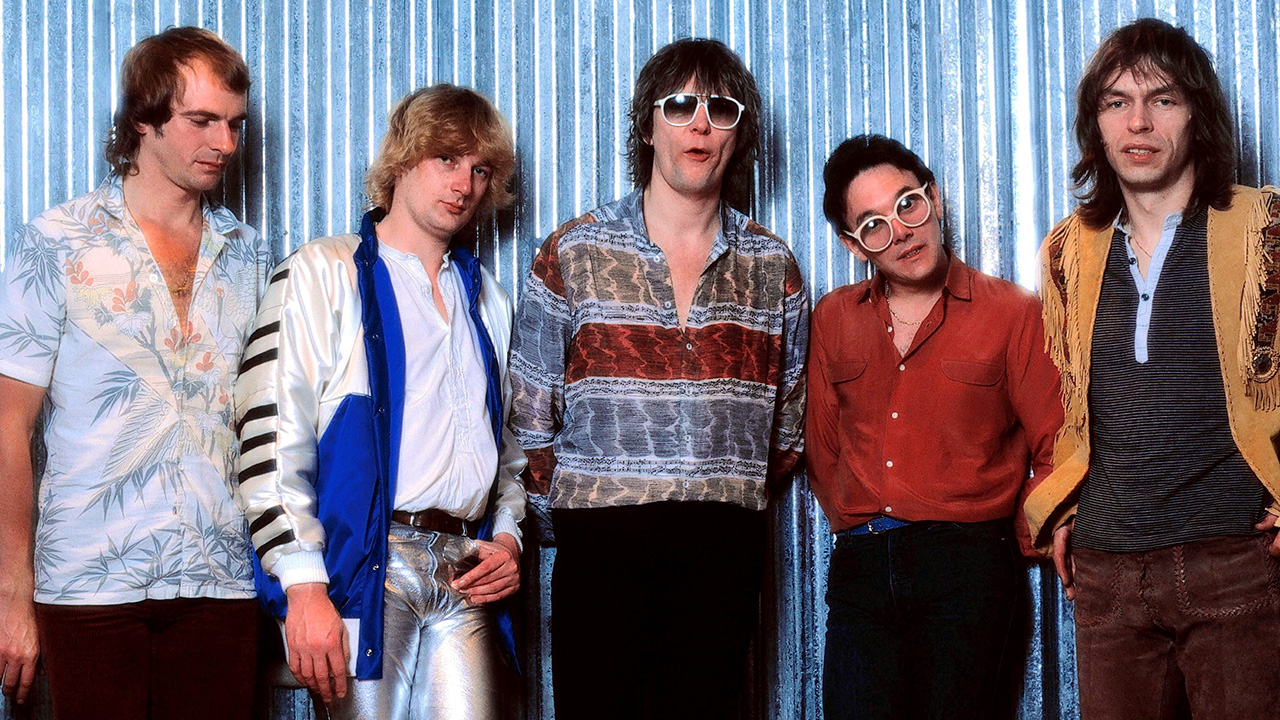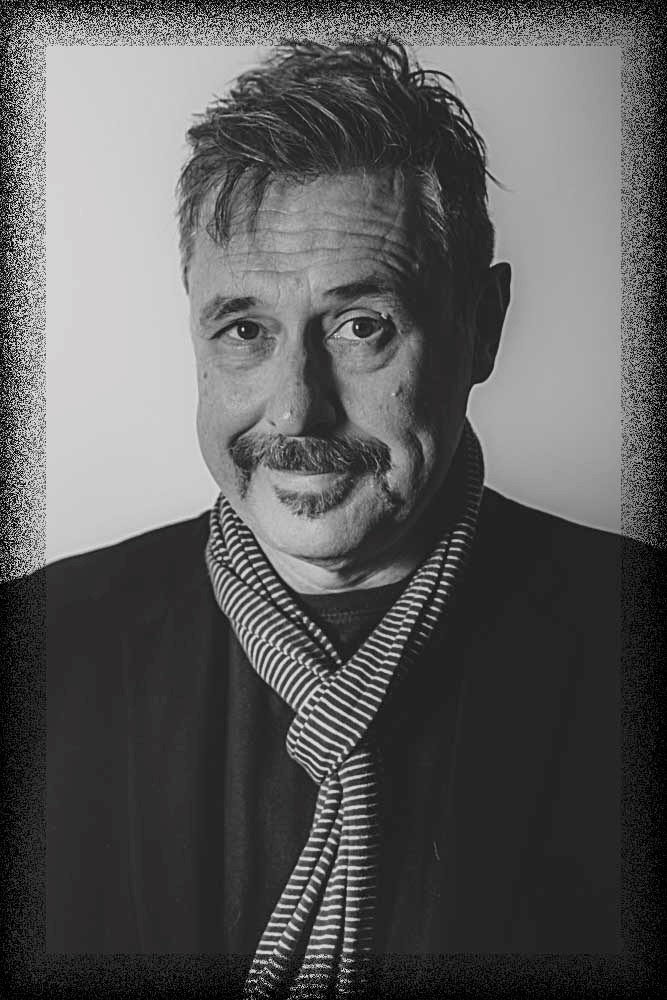In the 1980s Yes took two of the most intriguing detours any major band has ever taken. First, they split with two of their highest-profile members – singer Jon Anderson and keyboardist Rick Wakeman – and replaced them with synthpop duo Trevor Horn and Geoff Downes, aka The Buggles. Second, they regrouped as an enormous US AOR/prog band forged in the contemporary UK pop scene to deliver classic album 90125.
But before that, the drama that was to become 1980 album Drama had to be played out; and it started in Paris in 1979, as some of those who were there told Prog in 2018.
RICK WAKEMAN: “There was a huge change in music. Punk had come in. Atlantic told us we had to make singles, we had to try to do this, to do that. We were dropping out of fashion.”
STEVE HOWE: “It’s always a disaster when a band says, ‘Shall we do one that’s a bit like one in the charts?’ We were in a bit of a holding pattern.”
WAKEMAN: “We were recording in Paris. Jon and I had written some songs; Steve and Chris [Squire] really didn’t want to play them. Because we were being hit on by the record company and under pressure, we had the wrong producer down there. Roy Thomas Baker is a great producer, but totally wrong for this band. When you have a band like Yes in conflict, you need a Churchill, not a Chamberlain.”
ALAN WHITE: “It all got outrageous. There were so many things to do in Paris that people were living it up to the nines. We all had apartments there. It was the album that was never meant to be. It got very lackadaisical.”
WAKEMAN: “Jon and I got absolutely paralytic on Calvados in a little bar, and Jon said, ‘This isn’t the Yes it’s meant to be. I don’t want to do this.’ Then we got the news that Alan had been ice skating and broken his ankle. We thought, ‘That solves it.’”
WHITE: “Chris, Steve and I called each other and we booked a studio in Notting Hill. We said, ‘Whoever’s here on Monday morning is in Yes.’ And that was it: we started writing and came up with the essence of Drama.”
HOWE: “The three of us hammered away, getting music together. Even though we didn’t have Jon and Rick, we hoped they’d come one day and it would all be nice.”
WHITE: “We were rehearsing next door to Buggles. Yes were Trevor’s favourite band. It was ironic, really. The next thing we knew, all of their equipment was in the room. We needed a singer and a keyboard player. Suddenly, we called it Yes.”
TREVOR HORN: “I used to drive to and from Birmingham in the 70s in a Reliant three- wheeler. Relayer was my favourite album for the journey. I remember listening to it driving through Spaghetti Junction, the places that always looked like future cities at night. So I was pretty surprised when I ended up in the band in 1980. It was all Chris Squire’s fault!
“Chris really liked the production on our single Living In The Plastic Age. He thought that somehow we could bring some of that to Yes. I was pretty eager to see what Yes were like close up. I’d never been in a rehearsal room with a famous rock band before. I kept saying, ‘When’s Jon going to come?’ And then you get drawn into things...”
GEOFF DOWNES: “We moved Yes into another decade, literally, and more into the mainstream. They were looking for something else.”
HOWE: “It was really a shot in the arm – these guys had the hunger and they really wanted to push this record. We wanted epics. Everybody was contributing things – it was a good vibe.”
HORN: “Drama is totally prog, but it’s got a punky element to it. The band were really playing well. They would just concentrate and it would go up a level. I had never heard anybody play like that. They played the intro of Machine Messiah for two days. By that point, I’d given in. I was in the band.”
DOWNES: “It didn’t feel totally unnatural, not from within. People outside were very curious, if not quite repulsed by it – these two pop interlopers suddenly wandering into their revered, wonderful, cosmic band that they’d been following for so many years.”
WAKEMAN: “I loved The Buggles. I remember being asked, ‘Do you think it’s a great shame that a great band has been destroyed?’ My answer was always, ‘Well, I’m very upset, because I was so looking forward to the next Buggles album.’”




